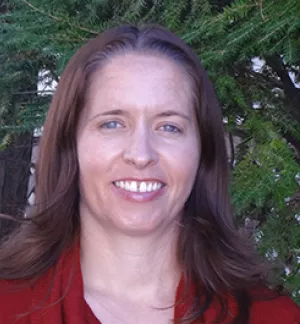As the idea of carbon capture and storage (CCS) has evolved in the past fifteen years from a relatively obscure concept to an increasingly recognized potential approach that could be an important contributor to stabilizing atmospheric carbon dioxide (CO2) concentrations, environmental advocacy groups have had limited, but growing, involvement and engagement in the advancement of CCS technologies and public discussions related to carbon storage. Given the critical role that environmental advocacy groups play in shaping public perceptions of different potential approaches to solving environmental problems and given the recognition that public perception of CCS will influence its advancement, this paper reviews the perspectives and positions of several prominent environmental advocacy groups related to CCS. While several organizations have taken strong positions in favor of biological carbon storage and in opposition to carbon storage involving injecting CO2 directly into the oceans, most environmental groups have been cautiously hesitant in their public stance and assessment of the more advanced concept of injecting captured CO2 into underground or geologic storage. By reviewing the positions and activities related to CCS of several prominent environmental advocacy groups in the United States, this paper identifies factors contributing to this hesitancy to support CCS including concerns among environmentalists that CCS may detract from efforts and funds to support increased use of other existing energy technology alternatives as well as apprehension about ill-defined risks and impacts associated with storing CO2 underground.
To view full text please see PDF below (login may be required).
Stephens, Jennie. “The Role of Environmental Advocacy Groups in the Advancement of Carbon Capture and Storage (CCS).” Proceedings of the 5th Annual Conference on Carbon Capture and Sequestration, May 8-11, 2006, Alexandria, Virginia, April 2006


